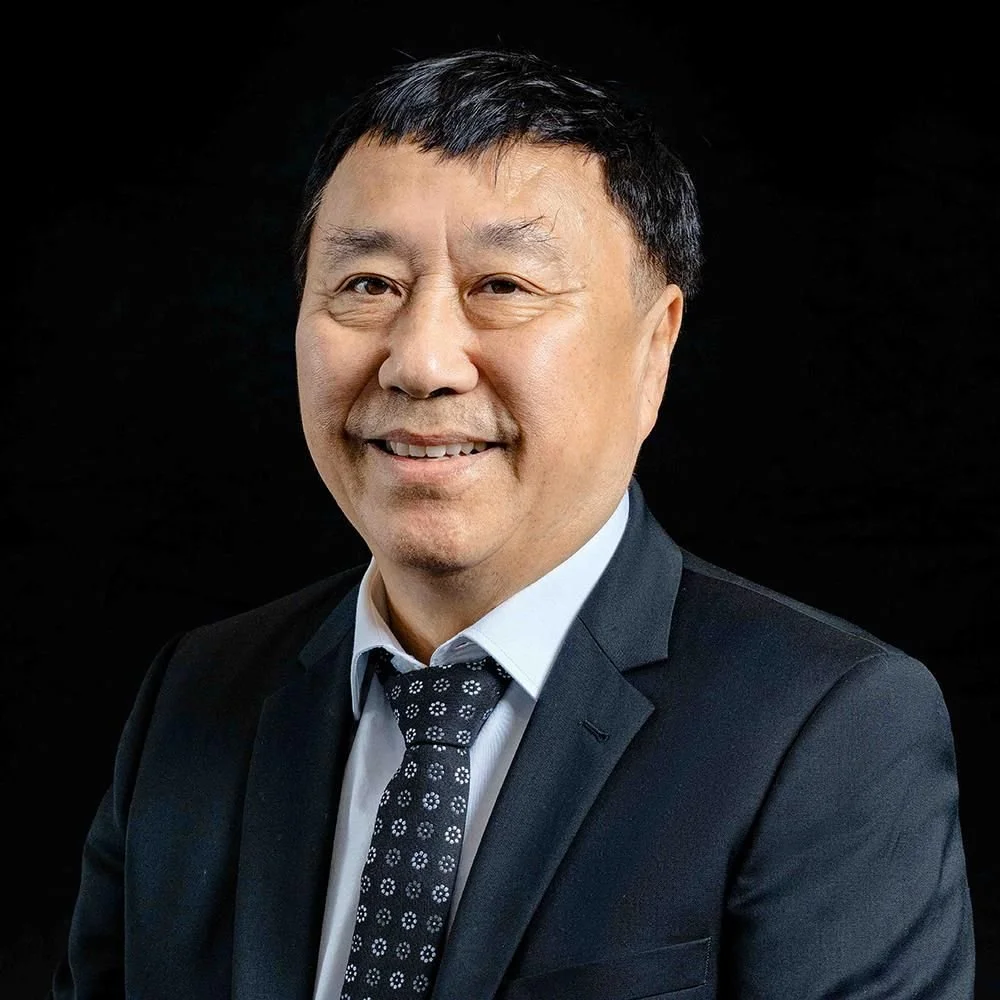The Biggest Question for My Science
Session 3-How will AI Transform the Landscape of Precision Pncology?
Artificial intelligence (AI), especially deep learning with large-scale training datasets, has dramatically advanced the recognition performance in many domains including speech recognition, visual computing and natural language processing. Despite its breakthroughs in above domains, its application to precision oncology remains yet to be explored, where large-scale fully and high-quality annotated datasets are not easily accessible. In this session, we will explore recent progress on computational pathology with multimodal data integration for precision oncology through the lens of information theory and foundation model, with versatile applications to disease diagnosis, treatment response prediction, prognosis, etc. Challenges and future directions will also be discussed.
Click here to review this session
Date and Time:
l Hong Kong:Thu, Sep 26 2024,09:30 - 11:30 AM
l Seattle: Wed, Sep 25 2024, 6:30 - 8:30 PM
Meeting Format: Online @ Zoom
Meeting ID: 360 103 9307
Password: AYSF
Agenda
- 9:20 - 9:35 Zoom meeting room open
- 9:35 - 9:40 Opening Remark
- 9:40 - 10:00 “General robotics/computer vision questions"
l Presentation by Prof. Katsushi Ikeuchi (15 mins)and Q&A (5 mins)
- 10:00 - 10:20 “Towards Multimodal Data Integration for Precision Oncology via Foundation Model”
l Presentation by Prof. Hao Chen (15 mins) and Q&A (5 mins)
- 10:20 - 10:40 "Recognizing Self and Nonself" (for personalized cancer treatment as well as understanding autoimmune diseases)
l Presentation by Prof. Ming Li (15 mins) and Q&A (5 mins)
- 10:40 - 11:30 Open Discussion (30 mins) + Q&A (20 mins)
l Moderator: Prof. Hao Chen
l Panelists: Prof. Hao Chen, Prof. Katsushi Ikeuchi, Prof. Ming Li
Convener (AYS Fellow):
Hao Chen, Assistant Professor, Department of Computer Science and Engineering, The Hong Kong University of Science and Technology
Dr. Hao Chen is an Assistant Professor at the Department of Computer Science and Engineering and Department of Chemical and Biological Engineering, The Hong Kong University of Science and Technology. He leads the Smart Lab focusing on trustworthy AI for healthcare. He received the Ph.D. degree from The Chinese University of Hong Kong in 2017. He has 100+ publications (Google Scholar Citations 20K+, h-index 60) in MICCAI, IEEE-TMI, MIA, CVPR, AAAI, Radiology, Lancet Digital Health, Nature Machine Intelligence, JAMA, etc. He also has rich industrial research experience (e.g., Siemens), and holds a dozen of patents in AI and medical image analysis. He received several premium awards such as Asian Young Scientist Fellowship in 2023, MICCAI Young Scientist Impact Award in 2019, and several best paper awards. He serves as the Associate Editor of multiple international journals and Program Committee of multiple international conferences. He also led the team winning 15+ medical grand challenges.
Invited Speakers:
Katsushi Ikeuchi, Emeritus Professor, University of Tokyo Sr. Principal Research Manager, Microsoft
Dr. Katsushi Ikeuchi received the BE degree in Mechanical Engineering from Kyoto University and the PhD degree in Information Engineering from the University of Tokyo. After working at MIT-AI Lab, ETL, CMU-RI, U-Tokyo, he joined Microsoft in 2015.
His research interest spans computer vision, robotics, and computer graphics. In the field of computer vision, he proposed the so-called “smoothness constraints,”near-by pixels have similar visual characteristics and a variational approach with this constraint in shape- from-shading algorithm. In the field of robotics, he created the field of learning-from- observation, where a robot learns how to do from observing human actions. He also started an area, e-Heritage, to digitally preserve cultural heritage by using computer vision and computer graphics technique and the U Tokyo team, let by him, successfully digitize Cambodian Bayon temple.
His community service includes general/program chairs of dozen international conferences including IROS95, CVPR96, ICCV05, ICRA09, ICPR12, ICCV17; EIC of IJCV (2000-2017), IJ-ITS (2012-2014). Through these research and society service, he was awarded a (life) fellow from IEEE, IAPR, IEICE, IPSJ and RSJ.
He received the Distinguished Researcher Award from IEEE-PAMI, the Medal of Honor with Purple Ribbon from Japanese Emperor, the Okawa prize from Okawa foundation as well as a couple of research achievement awards from Japanese professional societies.
Ming Li, University Professor, University of Waterloo
Dr. Ming Li is a Canada Research Chair in Bioinformatics and a University Professor at the University of Waterloo. He is a fellow of Royal Society of Canada, ACM, and IEEE. He is a recipient of Canada's E.W.R. Steacie Fellowship Award in 1996, the 2001 Killam Fellowship and the 2010's Killam Prize. Together with Paul Vitanyi they have pioneered the applications of Kolmogorov complexity and co-authored the book "An introduction to Kolmogorov complexity and its applications". His recent research interests recently include bioinformatics, natural language processing, deep learning, and information distance.
To enrich the AYS Webinar series, we welcome young scientists to raise your "Biggest Questions"! This is a unique chance to engage with thought-provoking topics or ask our expert speakers directly. Your questions will engage discussions and deepen the conversation. Don’t miss this opportunity to connect, learn, and contribute!




